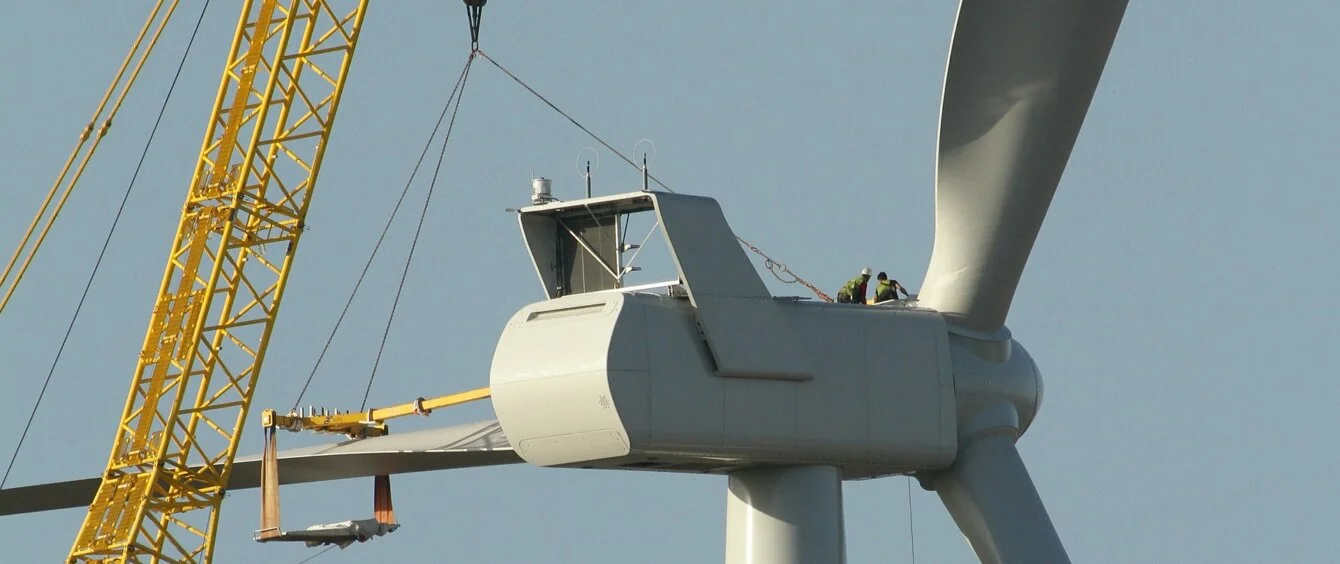France missed its 2020 renewable energy target, but is taking measures to get back on track. It has raised its renewable energy targets, aiming to increase solar power tenfold and double the capacity of its onshore wind farms by 2050.
In particular, offshore wind is set to play an increasingly important role in the country’s nuclear-dominated electricity sector. The Offshore Wind Pact, signed in March 2022 between the government and industry, targets at least 18 GW of offshore wind by 2035 and 40 GW by 2050. However, France currently has just 480 MW of offshore wind in operation at the St Nazaire project, which generated first power only last year.
To boost development, the government in 2021 and 2022 issued five tenders for six new wind farms with total capacity of 4.2 GW, of which 750 MW is for floating wind farms. The aim is to auction a minimum of 2 GW a year of new capacity from 2025. So far, a total of 7 GW has been tendered or is under development. France’s offshore wind resource is simply huge.
According to the Global Wind Energy Council, the country‘s technical potential comprises 169 GW of fixed-bottom installations and 454 GW of floating wind farms. The renewed policy focus on this resource promises a massive contribution both to France’s security of energy supply and its net zero carbon ambitions.
Renewable Energy Acceleration Bill
Lengthy permitting procedures are a real hindrance to renewable energy deployment in Europe, a challenge highlighted by the European Commission and industry organisations such as WindEurope. In France, it takes about eight to ten years to develop an offshore wind farm, longer than in other European countries, but the government has now taken action to speed up development.
In February, the National Assembly and the Senate passed the Renewable Energy Acceleration Bill. The bill introduces a number of measures to simplify applications and permitting and to limit appeals. It gives local municipalities powers to identify renewable acceleration zones, in which permitting will be accelerated to between one and three months. In addition, renewable energy projects will have the status of major public interest under certain conditions, which still need to be defined.
It also aims to free up non-environmentally sensitive land, for example land bordering major roads and in large parking lots for the installation of solar panels.
New offshore wind regime
The proposals look particularly effective for accelerated offshore wind development. The bill mandates spatial planning for offshore wind sites and grid connections until 2050. The spatial planning is to be adopted in 2024 at the same time as the country’s multi-annual energy framework.
The bill also groups public debates over particular areas of shoreline, rather than requiring each individual wind project to go through the process. In addition, it establishes a single legal regime for France’s maritime areas, bringing together the nearshore public maritime domain and the larger Exclusive Economic Zone. These measures could save up to two years of project development time.
For the first time, it creates a new legal regime for artificial islands and floating installations and structures.
The European Commission approved in February a plan to provide up to €2.08 billion support for a floating wind farm with capacity of around 250 MW off the coast of south Brittany. Interested developers will participate in a bidding round later this year with project commissioning expected around 2030.
The bill also makes possible the authorisation of offshore wind farm’s electrical connections by allowing derogations from existing laws applying to coastlines. Moreover, the bill allows the government to direct Transmission System Operators to invest in grid connections in anticipation of financial investment decisions for offshore wind farms.
Financial measures
Raising finance for offshore wind projects has also received attention. The bill introduces a legal framework for Power Purchase Agreements (PPA), which are agreements made directly between the wind farm developer and an end-user, usually a corporation.
It also makes possible the dual use of PPAs and contracts for differences in future tenders in what is called a ‘mixed bid’.
For renewable energy developments more broadly, it includes a provision for the sharing of the value of renewable energy, which should result in the compulsory participation in two funds dedicated to the financing of both national and local energy transition measures.
The next steps for the bill are for the implementation decree to be adopted, which is expected this year or next. A Maritime National Strategy is scheduled for adoption in June and spatial planning documents in July 2024, following a public consultation.
From a starting point of 480 MW in operation, the new law should set France on a path to speedier offshore wind development, making its 18 GW by 2030 target more achievable.
